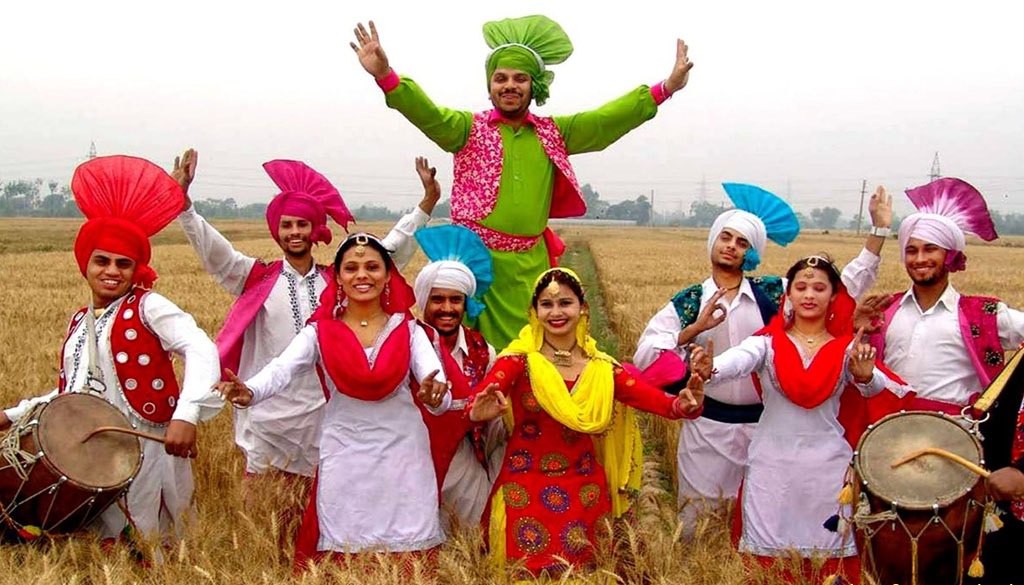Table of Contents
- Introduction to Pakistani Culture
- Historical Influences on Pakistani Heritage
- Art and Music: A Window into Traditions
- Cuisine: A Celebration of Flavors
- Traditional Attire and Regional Styles
- Festivals and Celebrations: A Cultural Extravaganza
- Preserving the Legacy
1. Introduction to Pakistani Culture
Pakistan's cultural identity is an intricate blend of ancient civilizations, regional diversity, and religious influences. Its rich tapestry is woven with threads from the Indus Valley Civilization, Persian and Central Asian traditions, and the Islamic heritage brought by centuries of historical exchanges.
This diversity is reflected in the country's languages, art forms, music, and daily practices, making Pakistani culture both unique and deeply rooted in tradition. Despite modern influences, the essence of Pakistan's heritage continues to shine through its vibrant traditions and celebrations.

2. Historical Influences on Pakistani Heritage
The foundation of Pakistan’s cultural legacy lies in the ancient Indus Valley Civilization, one of the earliest known urban societies. Over centuries, the region witnessed the influence of Persian empires, Central Asian dynasties, and the spread of Islam, each leaving an indelible mark on its heritage.
The Mughal Empire, for example, introduced architectural marvels, classical art, and culinary innovations that remain integral to Pakistani culture. Similarly, the British colonial period brought Western influences, creating a fusion of traditional and modern elements in contemporary society.
3. Art and Music: A Window into Traditions
Art and music are vital expressions of Pakistan’s cultural heritage. From intricate Mughal miniature paintings to vibrant truck art, Pakistani visual arts reflect its historical and regional diversity.
In music, traditional forms like qawwali and classical genres such as ghazals showcase the country's rich musical legacy. Regional dances, including the Punjabi bhangra and Pashtun attan, highlight the diversity of cultural expression. Together, these art forms serve as a bridge between the past and the present.

4. Cuisine: A Celebration of Flavors
Pakistani cuisine is renowned for its bold flavors and aromatic spices, reflecting a fusion of regional and historical influences. Iconic dishes like biryani, nihari, and seekh kebabs have become symbols of the country's culinary expertise.
Each region boasts its specialties, from Sindhi curries to Balochi sajji, offering a wide array of tastes and textures. Food also plays a central role in social gatherings, with dishes often tied to cultural or religious celebrations.
5. Traditional Attire and Regional Styles
Clothing is a powerful reflection of Pakistan’s cultural identity. The shalwar kameez, the national dress for both men and women, embodies a mix of cultural and religious influences.
Regional variations in attire showcase the country’s diversity: the vibrant lehengas of Sindh, the embroidered phulkari of Punjab, and the intricate patterns of Baloch and Pashtun clothing. These traditional garments are often worn during festivals and ceremonies, highlighting their cultural significance.
6. Festivals and Celebrations: A Cultural Extravaganza
Pakistan’s festivals and celebrations bring its cultural vibrancy to life. Religious occasions such as Eid-ul-Fitr and Eid-ul-Adha unite communities, while regional festivals like Basant and cultural fairs showcase local traditions.
These events are marked by music, dance, food, and colorful attire, serving as a reminder of Pakistan’s rich and diverse heritage. Festivals also provide a platform for preserving age-old customs and passing them on to future generations.
7. Preserving the Legacy
Despite the challenges of modernization and globalization, Pakistan maintains a strong connection to its cultural roots. Efforts to document and promote traditional arts, crafts, and languages are vital for preserving this legacy.
Educational initiatives and cultural institutions play a key role in fostering awareness and pride in Pakistan’s heritage. By embracing its traditions while adapting to contemporary times, Pakistan ensures its cultural identity remains vibrant for generations to come.


You must be logged in to post a comment.